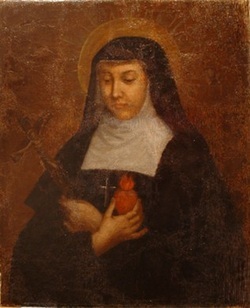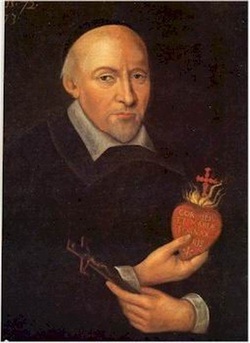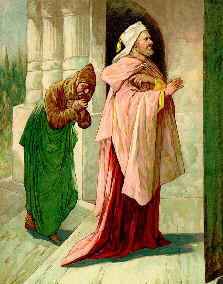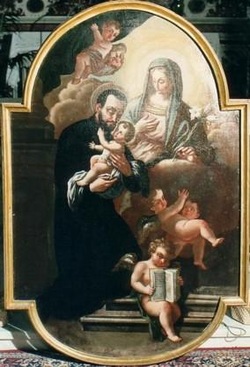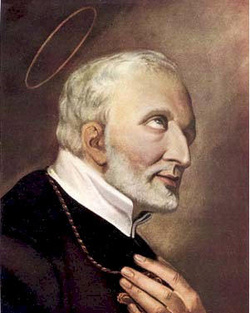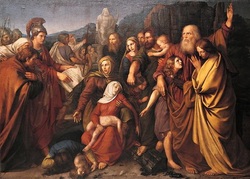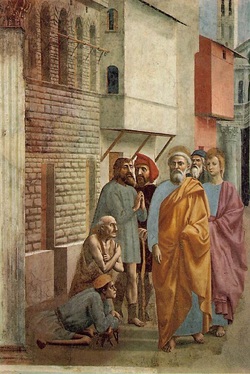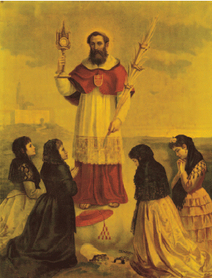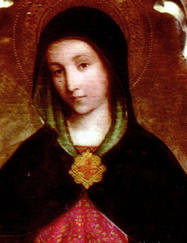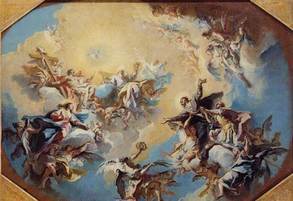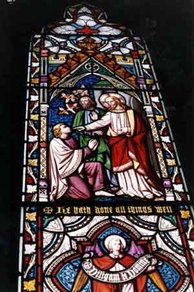
“He has done all things well” (Mark, 7:37)
When a person has done some piece of work efficiently, we praise him by saying: “Well done.” This praise was given to Our Lord by the people of Galilee almost two thousand years ago, not with reference to any particular task, but with reference to all His works. “He has done all things well,” they said. In a lesser degree these words should be applicable to every Catholic. Our faith tells us that we should try to do all things well, that we should put our best into everything we attempt to accomplish.
This means, in the first place, that we should try to perform each of our daily tasks in accordance with its particular standards, however lowly the task may be. The housewife should try to be a good cook and to keep the home clean and neat. The girl employed in an office should try to give her employer perfect service in the matter of typing and filing, etc., and should be careful to arrive on time in the morning and remain working as long as she is supposed to stay.
The carpenter and the stone-mason and the machinist should perform their tasks conscientiously, and avoid that spirit of carelessness and negligence that is so common among artisans today. The doctor and the nurse should do all within the scope of their professional skill to bring health and comfort to their patients. The man in public office should aim at promoting the welfare of the citizens in the most efficient manner. Thus we could go through every branch of human activity and point out the obligations of those engaged in this particular form of work to put their best efforts into their work, so that it could be said of each of them: “He has done all things well.”
For a Catholic the proper performance of a task means more than its efficient fulfilment. It means also that he should be actuated by a supernatural motive, the most perfect motive being love for God. Every day--at least once, and preferably several times-we should raise our hearts to God, offering to do all our actions out of love for Him. This supernatural motive--the good intention, as we call it--will inspire us to put our best efforts into all we do and if we are in the state of grace will make all our thoughts, words and deeds meritorious for eternal life.
Practical Application
Acquire the habit of making the good intention every morning, and renew it several times in the course of the day. This will elevate even the ordinary duties of daily life to the plane of supernatural merit.
